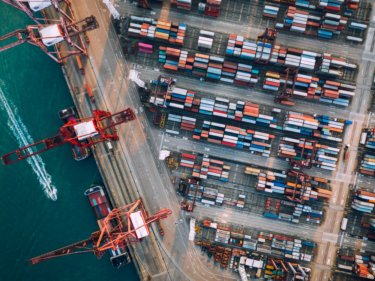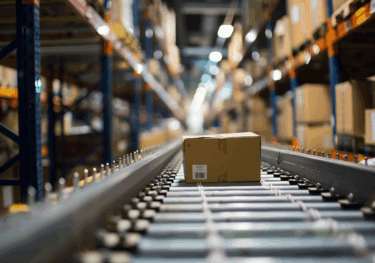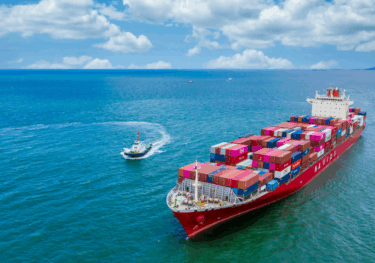Recent Release | 05 Sep 2023
Logistics: Delivering a solution to the UK’s productivity puzzle

Economic Consulting Team
Oxford Economics

Oxford Economics have found that restoring the UK’s position as a global leader in logistics could boost UK GDP by £3.9 billion by 2030.
Logistics forms the backbone of modern commerce and trade, spanning road, rail, water and air – ever innovating to become increasingly efficient, using technology and data to integrate processes, systems and transport modes, and to decarbonise fleets and warehouses. Logistics is a sector creating opportunities across the UK and linking the UK to the global trade network.
However, the UK’s position in the World Bank’s Logistics Performance Index (LPI) has deteriorated significantly in the last decade, falling from fourth in 2014 to joint-19th in 2023.
We estimate that if the UK returned to the top-10 of the LPI rankings by 2025, it would boost productivity, boosting GDP in 2030 by £3.9 billion (0.13%) in today’s prices, consistent with a increase in average annual household disposable income of £80 in 2030.
If the UK rises to the top of global rankings by 2025, productivity could be higher by 0.27% by 2030, adding £7.9 billion to GDP in today’s prices, which would translate into an increase in average annual household disposable income of £160. The amount of taxes generated through the increased economic activity in this scenario could finance the annual salaries of more than 40,000 nurses or secondary school teachers in the UK.
The experts behind the research
Our Economic Consulting team are world leaders in quantitative economic analysis, working with clients around the globe and across sectors to build models, forecast markets and evaluate interventions using state-of-the art techniques. Lead consultants on this project were:

Henry Worthington
Director, Economic Consulting

Laura Spahiu
Econometrician, Economic Impact

Anubhav Mohanty
Associate Director, Economic Consulting

Harry Pickford
Economist, Economic Impact
Tags:
Related Services

US supply-chain stress eases as front-loading pressures fade
The reversal of tariff-related front-loading pressures continues to offer relief to our supply-chain stress index.
Find Out More
Trade tracker – Tariff impacts continue to build
US tariff rates are climbing to levels not seen since the 1930s, with world trade expected to decline and inflation set to rise. What could this mean for global markets and economic growth?
Find Out More
US tariffs and the uneven impact across cities in Europe and Asia
The latest US tariffs are reshaping global trade patterns, hitting some cities harder than others. From Germany’s auto hubs to China’s electronics exporters, which regions will weather the storm and which will struggle?
Find Out More
The Future of Trade: Tariffs, Taxes, and Economic Trends
Amid ongoing global trade uncertainty, business leaders are struggling to plan ahead as new tariffs continue to reshape the market. Even so-called “locked-in” tariffs are proving to be temporary, adding to the unpredictability. Firms are cautious, waiting for clarity before committing to major investments. As global trade volumes decline, the importance of understanding every relevant trade tariff and accurately applying the correct HS code to imported goods becomes even more critical for managing costs and compliance.
Find Out More